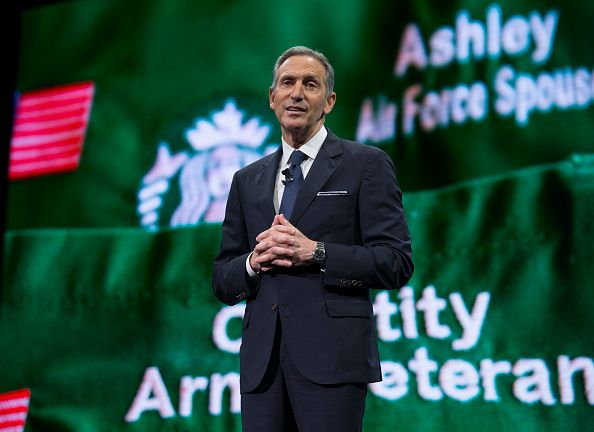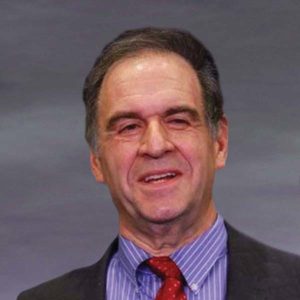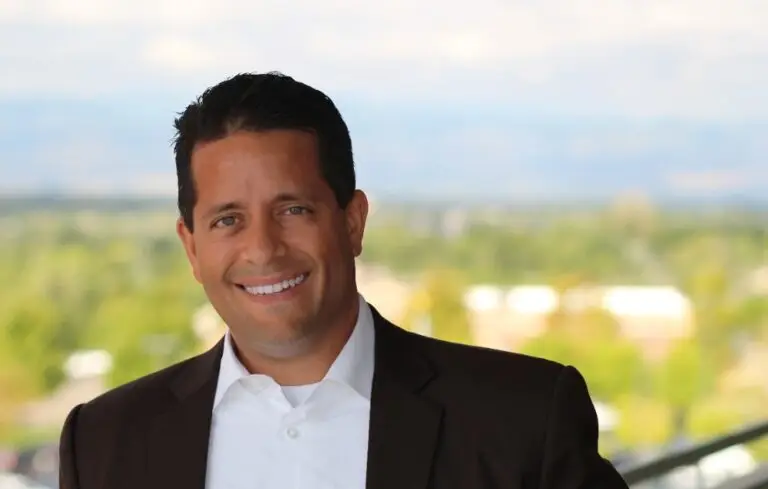
After two failed successions, Howard Schultz has truly yielded the CEO role and as of yesterday, relinquished his spot as Chairman of Starbucks.
Over the course of 35 years, Schultz took a regional coffee chain and built it into a global giant of nearly 28,000 stores in every continent except Antarctica. Today, Starbucks opens a new store every 18 hours in China. Buying 1,000 shares of Starbucks’ IPO in 1992 at $7 a share is now worth $224,777.
While people anticipated Schultz’ exit from Starbucks for some time, two questions asked by customers, employees, media pundits, and the general public will remain: 1) Will he run for President of the United States and 2) Could he win?
The answers to both are clearly “YES” given Schultz’s embodiment of the core traits of American business folk heroes. Donald Trump borrowed the core iconography of mythic American business figures, whereas Howard Schultz actually models these five qualities:
The first ingredient is that mythic figures avoid an elitist aura wanting to show the common touch. Many of these figures will produce their version “the America Dream” of being self-made by celebrating their humble origins, much the way we romanticize Abraham Lincoln’s Log Cabin. Horatio Alger himself never migrated from rags to riches, but was a scandalized penniless author and Donald Trump is the son of a very wealthy New York real estate developer. Schultz, however, is the son of two college dropouts, grew up in a Brooklyn public housing project.
“Donald Trump borrowed the core iconography of mythic American business figures, whereas Howard Schultz actually models these five qualities.”
The second ingredient is they have overcome adversity. Resilience from setbacks is key to the heroic image. Henry Ford and Walt Disney failed numerous times. Thomas Edison had been outmaneuvered by investor Jay Gould and lost control of early telegraph inventions. At age 7, Schultz came home to find his World War II veteran father disabled due to an industrial accident. With no health insurance, workman’s’ compensation, or severance, his family was financially impoverished and spiritually demoralized. Shultz was encouraged to pursue education through an athletic scholarship to North Michigan University and worked his way through school. After graduating, he drifted through sales roles before discovering a small regional coffee company called Starbucks.
Third, they advance disruptive now business models. These models don’t just transform their own business, but across their industry and beyond. There were prior coffee house chains such as Chock-full-o-Nuts to Dunkin’ Donuts, but Shultz created a European style café with higher quality organic foods and the lingering “third place” in life when he modeled Starbucks.
Fourth, they are great communicators and even, self-promoters. Steve Jobs, Jack Welch, Victor Kiam, Thomas Edison, and Lee Iacocca—similar to Donald Trump were all terrific showman. Schultz has filled large town hall employee meetings, school auditoriums, trade shows, and electrified people with vision and hope, rather than anger, ridicule, and finger-pointing. His language can be dense sometimes as he avoids simplistic slogans. However virtuous his causes, they are generally defined around his leadership—as doesn’t quietly join the pre-existing movements of others CEOs. Schultz has written several books about his leadership philosophy and his company.
Fifth: they possess sweeping civic interests — often with public office aspirations. Serving as cabinet officers and commission chairs, Schultz has passionately launched initiatives regarding sustainability; race relations, income disparity, economic development, the employment of veterans, and the budget deficit. Trump has blazed a trail for those, like Shultz, who are considering a credible candidacy for President, even if they never served elective office. Schultz said when announcing his exit, “The country is on a collision course with time.”
Yes, Schultz is ready for a new heroic mission.
Read more: Starbucks: Schultz Passes the Torch







